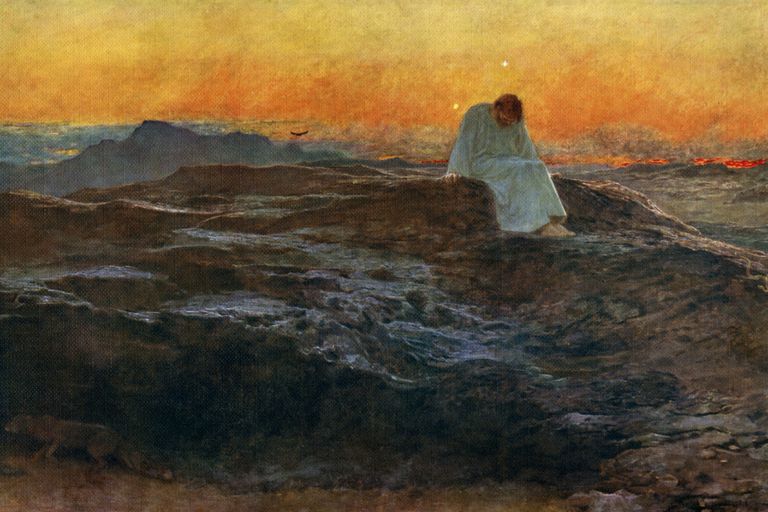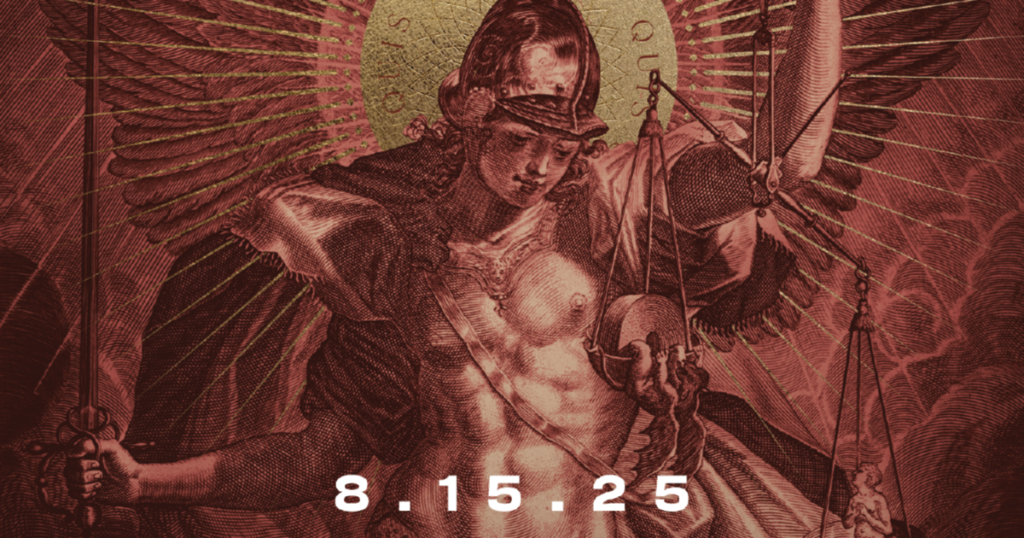Seeking Depth in Desert Places
For the early Christians and through the Middle Ages, Lent was a season of rigorous fasting. Their lives were steeped in a desire for closeness with the divine—adopting ascetic practices not as mere obligation but as a heartfelt quest for purification and renewal. These practices were intense, designed not just for the sake of discipline but as a means to strip away the superfluous, to confront the wilderness, and to prepare earnestly for the celebration of Christ’s Resurrection. They imitated Jesus’ own 40 days in the desert. What were they seeking? A profound encounter with God. This was a time to lay bare one’s soul, to face one’s demons, and to emerge renewed, fortified by grace.
Navigating Change with Faith
As centuries unfolded, the Church, ever attentive to the signs of the times, sought to lessen the shock of the intense fasting of Lent. The introduction of Septuagesimatide reflected a structured approach to this preparation. This pre-Lenten season acted like a church bell, calling the faithful and warning them that something was about to begin. Over time, the complexity of pre-Lenten observances and the strictness of fasting rules faded away.
The Struggle with Laxity Today
Yet, this simplification also brought challenges. As the rigorous fasts and penances softened, a question arose: how do we maintain the earnestness of Lenten observance in a world where spiritual discipline often takes a back seat to comfort and convenience? The struggle with laxity is real, as the pressures of modern life often drown out the call to quiet reflection and sacrifice. The balance between tradition and contemporary practice became a tightrope walk for many.
Exodus 90: A Bridge Between Ages
The team at Exodus has a solution, offering a path that bridges ancient asceticism with modern spiritual needs. It’s a call back to the desert, so to speak, inviting today’s Christians to identify and confront their “modern Pharaohs.” By starting with Exodus as a Pre-Lenten preparation and moving into Joshua during Lent itself, the Exodus men embark on a journey that mirrors the Israelites’ passage from slavery to freedom. It’s a powerful metaphor for Lent’s purpose: purging our lives of spiritual enslavement to embrace the freedom of the children of God.
A Call to Deepen Our Lenten Journey
As we look ahead to Lent, let’s remember the deep hunger for God that drove the early Christians into the desert. While the external practices may have evolved, the internal quest remains the same: a desire for transformation, for an encounter with God, for freedom from whatever binds us. Whether through the structured pathway of Exodus 90 or the personal disciplines we adopt, Lent stands as an invitation to journey into our spiritual wilderness, to engage with our faith more deeply, and to emerge renewed, ready to live out the mysteries we celebrate.
So, as we approach this sacred season, let’s embrace the challenge to deepen our Lenten journey, finding in it not just a ritual obligation but a profound opportunity for spiritual renewal and growth.





